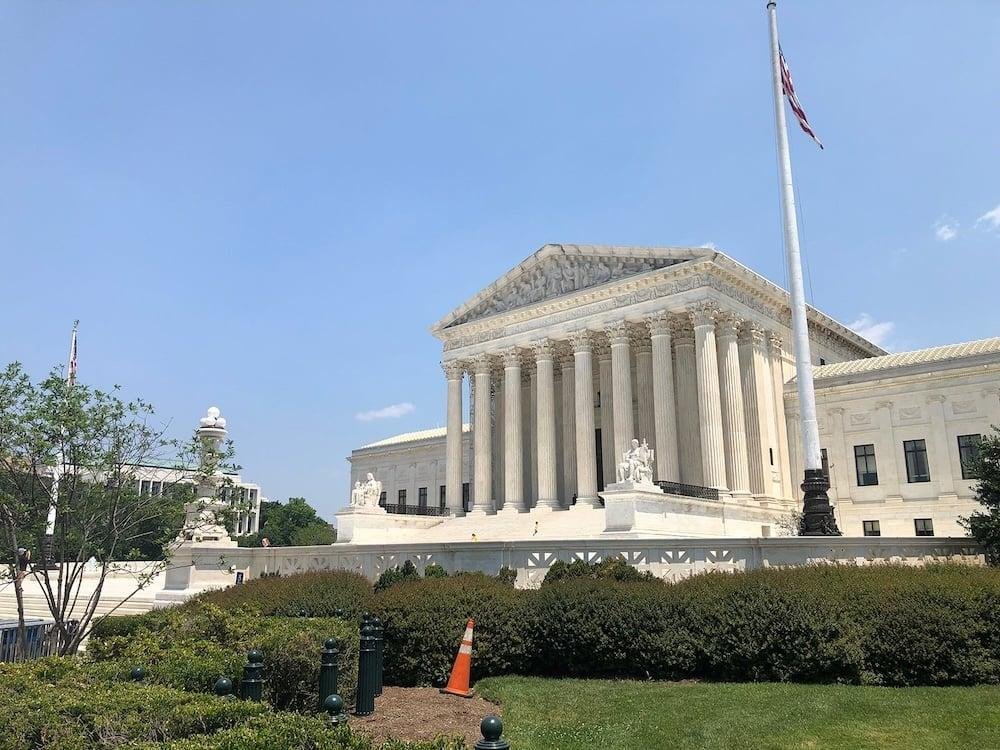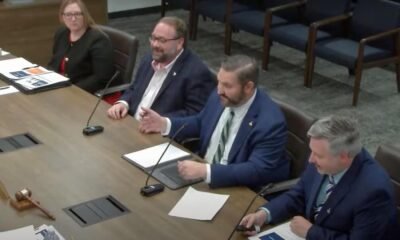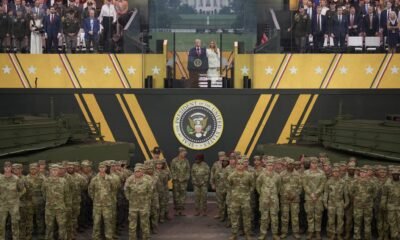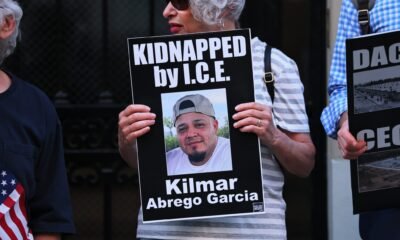border
Supreme Court Takes Aim at Nationwide Injunctions in Landmark Birthright Citizenship Case

The Supreme Court faced a significant challenge on Thursday regarding President Donald Trump’s contentious plan to alter birthright citizenship. Justices voiced concerns about managing nationwide injunctions, which are court orders that extend beyond the plaintiffs involved in a case. This case raised questions around judicial authority and the longstanding principle of birthright citizenship established by the 14th Amendment.
During oral arguments, the justices debated ways to limit these injunctions. Justice Elena Kagan observed that this case diverged from typical instances where courts were perceived to overreach. The government’s consistent losses in lower courts underscored the urgency for a resolution.
This challenge resurrected a historical backdrop. Birthright citizenship was enshrined following the infamous Dred Scott decision of 1857, which denied citizenship to Black individuals. The 14th Amendment aimed to rectify such injustices, declaring that all people born or naturalized in the U.S. are citizens.
Trump’s executive order seeks to restrict birthright citizenship to legal permanent residents, under the claim that those in the U.S. illegally are not “subject to the jurisdiction” of the country. As a result, judges in states including Washington, Maryland, and Massachusetts have deemed the order likely unconstitutional, issuing nationwide blocks against its enforcement. The Justice Department argues that such rulings should only apply to the specific plaintiffs involved.
U.S. Solicitor General John Sauer contended that individuals not party to the lawsuit should pursue separate claims for relief, with the Supreme Court as the sole venue for nationwide remedies. Justice Ketanji Brown Jackson criticized this approach, describing it as a flawed system that prolongs harm to affected individuals.
The discussion continued with Justice Clarence Thomas suggesting a return to historical norms. He noted that the legal landscape managed without universal injunctions until the 1960s. In contrast, Jackson emphasized the need for modern courts to enforce the law against executive overreach.
Justices Kavanaugh and Gorsuch acknowledged the complexities of administrative processes while suggesting that expedited class actions might offer a solution. However, concerns arose about the administration’s commitment to fair and rapid resolution of cases.
The court revisited the foundational case of United States v. Wong Kim Ark from 1898, which upheld birthright citizenship. Justice Sonia Sotomayor raised alarms about the administration seeking to shield itself from accountability under existing legal precedents.
As discussions unfolded, New Jersey Solicitor General Jeremy Feigenbaum argued that the court could not separate the procedural aspects from the substantive merits without endangering the rights of citizens. He emphasized the pressing need for a nationwide injunction to protect individuals who might suffer once affected by the executive order.
Immigrant rights advocates expressed alarm over the proposed limitations on nationwide injunctions, highlighting the potential dangers faced by vulnerable populations who would need to pursue individual claims. The discussion underscored diverse perspectives on how best to balance judicial authority with the protection of constitutional rights.
The stakes of this ruling extend far beyond Trump’s executive order. A decision to limit nationwide injunctions could set a precedent affecting numerous court rulings against executive actions, potentially reshaping the landscape of American jurisprudence.


















